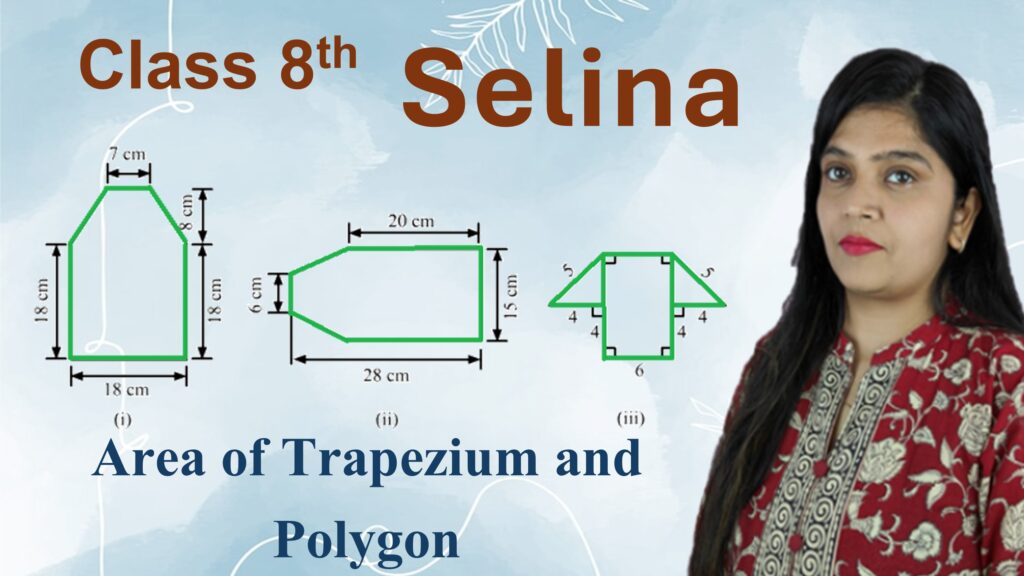Exercise: 2-B
Assertions – Reason Questions
Q1: Assertion (A): \(\frac{2^3}{5^3}\) can also be expressed as \(\left(\frac{5}{2}\right)^{-3}\)
Reason (R): For any non-zero real number \(x\) and for any positive integers \(m\) and \(n\), \(\left(x^m\right)^n = x^{m+n}\)
Step 1: Let’s analyze Assertion (A):
\[
\frac{2^3}{5^3} = \frac{8}{125}
\]
Now consider the expression \(\left(\frac{5}{2}\right)^{-3}\):
\[
\left(\frac{5}{2}\right)^{-3} = \frac{2^3}{5^3} = \frac{8}{125}
\]
Thus, Assertion (A) is true.
Step 2: Let’s check Reason (R):
The power rule states \(\left(x^m\right)^n = x^{m \cdot n}\), not \(x^{m+n}\). Therefore, Reason (R) is incorrect.
Answer: c. Assertion (A) is true but Reason (R) is false.
Q2: Assertion (A): The reciprocal of \(\left(\frac{4}{5}\right)^3\) is \(\left(\frac{4}{5}\right)^{-3}\).
Reason (R): If \(p=0\), then the reciprocal of \(\frac{p}{q}\) does not exist.
Step 1: Let’s verify the Assertion (A):
We are given:
\[
\left(\frac{4}{5}\right)^3 = \frac{64}{125}
\]
The reciprocal of \(\frac{64}{125}\) is:
\[
\frac{125}{64} = \left(\frac{4}{5}\right)^{-3}
\]
So, Assertion (A) is true.Step 2: Let’s check Reason (R):
If \(p = 0\), then \(\frac{p}{q} = \frac{0}{q} = 0\).
The reciprocal of 0 does not exist, because:
\[
\frac{1}{0} \text{ is undefined}
\]
So, Reason (R) is also true.
Step 3: Does the Reason explain the Assertion?
No. The reason talks about zero in a fraction, while the assertion is about reciprocals using negative exponents.
Answer: b. Both Assertion (A) and Reason (R) are true and Reason (R) is not the correct explanation of Assertion (A).






Leave a Comment